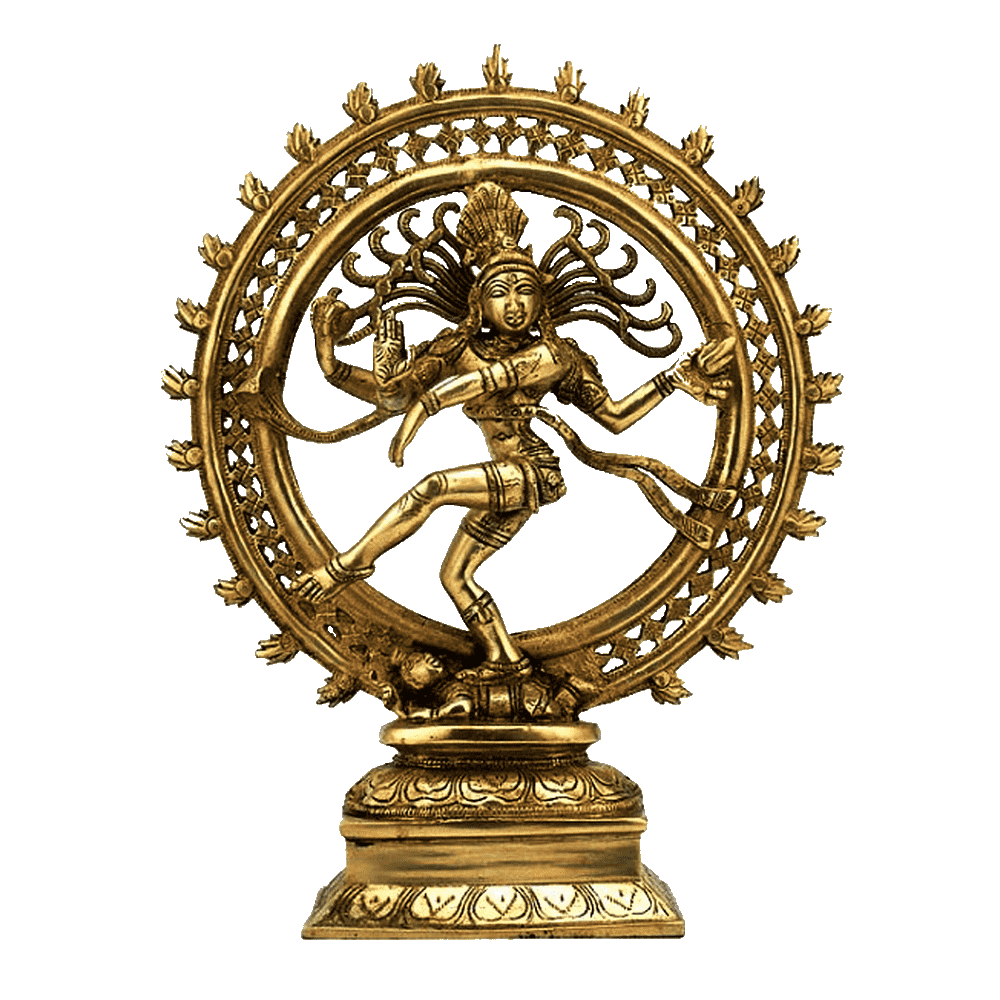
Jnana Tantras
The Path of Knowledge and Wisdom in Tantric Tradition
Abstract:
Jnana Tantras represent a significant branch of the Tantric tradition within Hinduism, emphasizing the pursuit of knowledge and wisdom as a means to spiritual enlightenment. This article explores the origins and context of Jnana Tantras, highlighting key themes and teachings found in these texts. It delves into the enduring significance of Jnana Tantras in contemporary spiritual practices and their unique role in guiding seekers towards profound insights and self-realization.
Introduction:
Jnana Tantras form a sacred pathway within the diverse tapestry of Tantric traditions, offering seekers a unique approach to spiritual growth through the pursuit of knowledge and wisdom. The term “Jnana” in Sanskrit means knowledge or wisdom, and these Tantras are dedicated to illuminating the profound truths of existence and the nature of reality. In this article, we delve into the essence of Jnana Tantras, their origins, and their profound significance in guiding seekers towards spiritual enlightenment.
Origins and Context:
Jnana Tantras emerged within the broader context of Hindu religious and philosophical traditions, influenced by the ancient scriptures such as the Vedas and Upanishads. The pursuit of knowledge and wisdom has been a central theme in Hindu thought, and Jnana Tantras expanded upon this theme in the Tantric context.
The Tantric movement, which gained prominence in medieval India, sought to explore the esoteric and mystical aspects of spiritual practice. Jnana Tantras provided a means for seekers to delve deeply into the philosophical underpinnings of the Tantric path and realize the unity of the individual soul (Atman) with the ultimate reality (Brahman).
Key Themes and Teachings:
Jnana Tantras encompass several key themes and teachings that guide seekers on their spiritual journey:
Self-Inquiry and Discrimination:
Jnana Tantras emphasize the importance of self-inquiry (Atma Vichara) and discrimination (Viveka) to discern the eternal truth from the impermanent and illusory. Through contemplation and introspection, seekers strive to gain insight into their true nature beyond the limitations of the ego.
Study of Scriptures:
These Tantras encourage the study of sacred texts, such as the Upanishads and philosophical treatises, to gain intellectual knowledge and spiritual insights. The scriptures serve as guides to unravel the mysteries of existence and the nature of the self.
Non-Dualistic Philosophy:
Jnana Tantras often delve into non-dualistic (Advaita) philosophy, which posits the unity of the individual soul (Atman) with the supreme consciousness (Brahman). The realization of this non-dual nature is considered the ultimate goal of human life.
Enduring Significance:
The enduring significance of Jnana Tantras lies in their timeless teachings on the pursuit of knowledge and wisdom as a means to self-realization. In contemporary spiritual practices, these Tantras continue to inspire seekers to delve into the depths of philosophical inquiry and gain insights into the nature of reality.
The emphasis on self-inquiry and non-dualistic philosophy resonates with those seeking to transcend the boundaries of the material world and experience the eternal truth beyond the realm of appearances.
Conclusion:
Jnana Tantras offer a profound path of spiritual awakening through the pursuit of knowledge and wisdom. These sacred texts and practices inspire seekers to embark on a journey of self-inquiry, philosophical contemplation, and spiritual realization. The enduring significance of Jnana Tantras lies in their ability to guide seekers towards profound insights and self-realization, ultimately leading them to the timeless truth that lies beyond the veil of appearances. In a world filled with complexities and uncertainties, the teachings of Jnana Tantras provide seekers with a transformative pathway to inner illumination and the eternal knowledge of the self.
Editor – Kaalchakra Team
[ Note – Before Concluding anything as a Finale, Please Go through Original Scriptures of Vaidik Literature Written in Sanskrit and Also with Meaning of That time of Language. Because English is a Limited language to Explaining the Deeper Knowledge of Vaidik Kaal. ]
